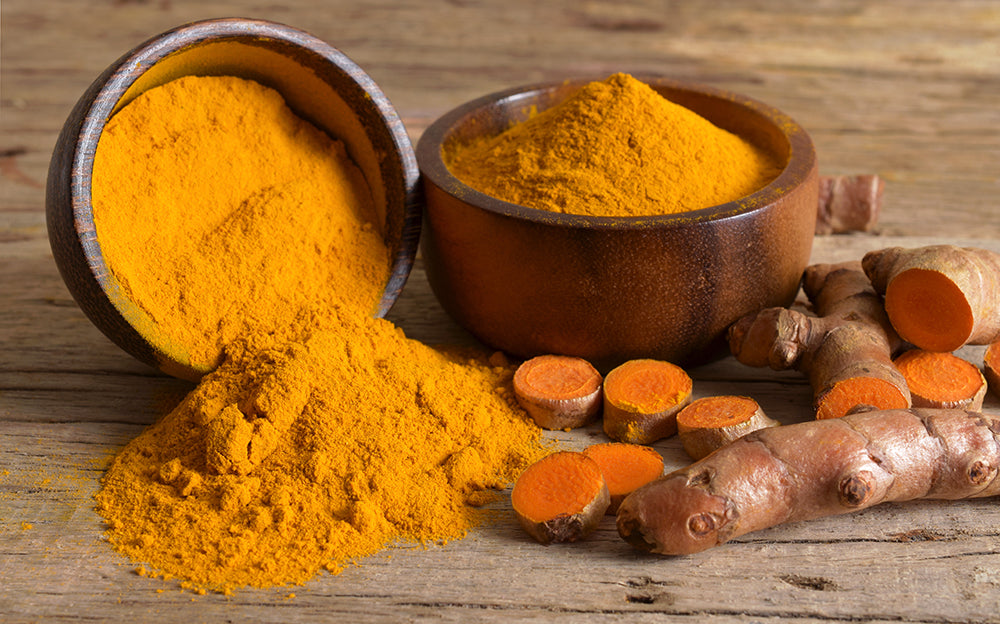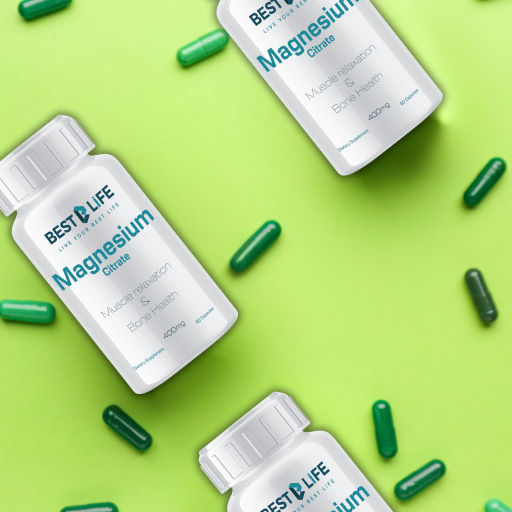Introduction
For those over 40, joint pain and inflammation are common challenges that can significantly impact daily life. Prescription medications often come with undesirable side effects, while many natural remedies fall short of delivering lasting relief. Enter curcumin, the active compound in turmeric, renowned for its anti-inflammatory properties and ability to support joint health. When paired with piperine (derived from black pepper), curcumin becomes a powerful ally for those seeking relief from stiffness and discomfort. Below, we explore both real-life success stories and scientific evidence that showcase curcumin’s potential to help you move freely again.
Understanding the Power of Curcumin for Joint Health
As we age, joint health becomes increasingly important. Curcumin targets inflammation at its root by blocking inflammatory pathways like NF-κB and COX-2 enzymes. These pathways are responsible for the swelling, stiffness, and pain often associated with conditions like arthritis. By reducing these processes, curcumin doesn’t just alleviate symptoms; it also promotes long-term joint health.
However, curcumin’s natural bioavailability is low, meaning the body struggles to absorb it efficiently. This is where piperine makes a significant difference. Piperine enhances curcumin’s absorption by up to 2,000%, ensuring that its therapeutic effects are fully realized, especially for individuals over 40 who are looking to maintain their joint mobility and overall vitality.
Real-Life Success Stories
-
Mary S., 58: “After years of living with arthritis, I had resigned myself to a life of joint pain. A friend recommended curcumin supplements, and within weeks, I noticed a remarkable improvement. My morning stiffness is gone, and I can finally enjoy gardening again without discomfort.”
-
James T., 42: “As a recreational runner, I’ve struggled with knee pain after long runs. Inflammation Guard has been a game-changer. The combination of curcumin and piperine not only eased my knee pain but also sped up my recovery. I’m running further than ever without any issues.”
-
Emma L., 35: “I’ve had inflammatory bowel issues for years, which also triggered joint pain. Since adding curcumin to my routine, both my digestion and joint health have improved significantly. It’s incredible to feel so much lighter and more mobile.”
Scientific Backing
Curcumin’s efficacy isn’t just anecdotal; numerous studies back its role in joint health. Research published in the journal Rheumatology International demonstrates curcumin’s ability to reduce pain and improve function in individuals with osteoarthritis. Another meta-analysis in BMC Complementary Medicine and Therapies confirms that curcumin is as effective as some NSAIDs in alleviating joint discomfort—without the associated side effects.
The addition of piperine further enhances curcumin’s benefits. A study in Phytotherapy Research highlights that the combination significantly increases curcumin’s absorption, ensuring greater therapeutic impact, especially for those looking for natural, non-GMO supplements for aging wellness.
Why Choose Inflammation Guard?
For those over 40 looking to maintain joint health and reduce inflammation, curcumin supplementation offers a natural alternative. However, diet alone isn’t always enough. Inflammation Guard’s formulation of 475mg of curcumin and 25mg of piperine provides the ideal ratio for effective absorption and relief. Unlike other supplements that fall short on bioavailability, Inflammation Guard delivers curcumin in its most potent form, helping your joints recover and thrive.
How to Incorporate Curcumin into Your Routine
Keywords: Supplements for aging wellness, organic supplements for seniors
For best results, take Inflammation Guard with meals containing healthy fats, such as avocado or olive oil, to further enhance absorption. Consistency is key—make it a part of your daily wellness routine. Many users report noticeable improvements within two to four weeks of regular use, especially those looking to maintain mobility and reduce inflammation as they age.
Experience Freedom of Movement
Curcumin, paired with piperine, offers a natural, scientifically supported solution to joint pain and inflammation. Whether you’re dealing with arthritis, recovering from physical activity, or simply seeking to maintain healthy joints, Inflammation Guard can help you rediscover the joy of movement. Let success stories like Mary’s, James’, and Emma’s inspire you to take the first step toward a more active, pain-free life.
Try Inflammation Guard today and feel the difference curcumin can make in your journey to joint health and wellness.
Scientific Journal Articles:
- Curcumin for osteoarthritis of the knee: A study published in BMC suggests that curcumin, a naturally occurring substance found in turmeric, might help ease osteoarthritis pain. (Harvard Health)
- Therapeutic effects of turmeric or curcumin extract on pain and physical function in individuals with knee osteoarthritis: This study, published in BMJ Open Sport & Exercise Medicine, indicates that curcumin supplementation can reduce pain and improve physical function in knee osteoarthritis patients. (BMJ Open Seminars)
- Efficacy and safety of curcuminoids alone in alleviating pain and dysfunction in knee osteoarthritis: Published in BMC Complementary Medicine and Therapies, this meta-analysis concludes that curcuminoids are effective and safe in managing knee osteoarthritis symptoms. (BMC Complementary Medicine and Therapies)
- Curcuma as an anti-inflammatory component in treating osteoarthritis: This article in Rheumatology International discusses the anti-inflammatory properties of curcumin and its potential benefits in osteoarthritis treatment. (SpringerLink)




Leave a comment
All comments are moderated before being published.
This site is protected by hCaptcha and the hCaptcha Privacy Policy and Terms of Service apply.